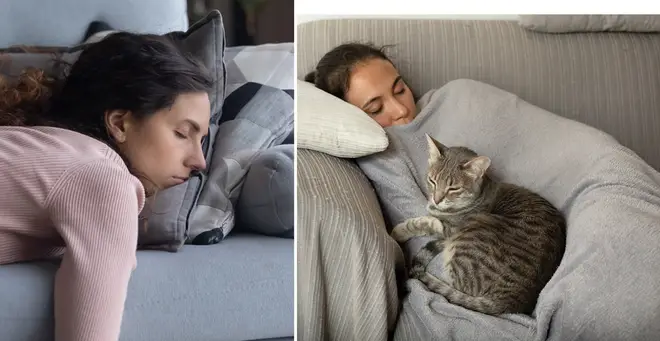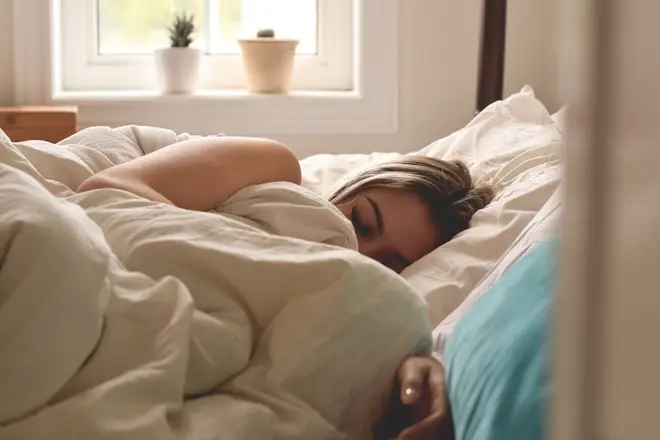On Air Now
Rob Howard and Kelly Brook 4pm - 7pm
29 July 2021, 15:04 | Updated: 15 December 2023, 14:04

A study has claimed that some people are more prone to napping due to genetics.
Napping is a huge part of life for many people, and a new study has shown that there could be a scientific reason why some of us love them more than others.
According to scientists at Massachusetts General Hospital (MGH), our desire to nap could be down to genetics. Their research, published in the Nature Communications journal, found that some people are more prone to naps.
As reported by Tyla, Dr Hassan Dashti said: "Napping is somewhat controversial. It was important to try to disentangle the biological pathways that contribute to why we nap."

Researchers analysed genetic information from 452,633 people, and participants were also asked how many times they napped during the day. They were given three choices of answers - never/rarely, sometimes or usually - and some were also asked to wear an activity monitor, or accelerometers, to monitor their naps.
"That gave an extra layer of confidence that what we found is real and not an artefact," said Dr Dashti.
Researchers carried out a A genome-wide association study (GWAS) to determine genetic variations associated with napping.

The study identified 123 regions in the human genome associated with sleeping during the day, and a large number of these regions were already associated with napping.
While the study did find that some people napped because they had woken up early or slept badly, it also found that some people needed more sleep.
Dr Dashti said: "This tells us that daytime napping is biologically driven and not just an environmental or behavioural choice."